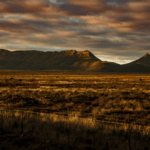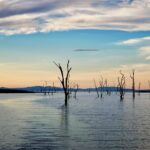The Majestic Giants Transforming KwaZulu-Natal’s Eco-Tourism
A New Era for KZN Tourism
South Africa’s Manta Ray Marvels. South Africa is becoming a hub for manta ray discoveries.
New findings is shedding light on these magnificent creatures, including rare melanistic oceanic mantas. The research highlights the critical role of marine sanctuaries like iSimangaliso Wetland Park in preserving these vulnerable species. These findings open up exciting eco-tourism opportunities in KwaZulu-Natal (KZN), but they also emphasise the need for stronger conservation efforts to protect manta rays from threats like fishing and climate change. Learn more about these incredible discoveries and the importance of protecting these giants in South Africa’s waters.
South Africa’s pristine coastline is becoming a haven for eco-tourists with the exciting discovery of diverse manta ray species, including the elusive melanistic manta. These majestic giants, which play a crucial role in the marine ecosystem, are set to redefine KwaZulu-Natal (KZN) as a premier eco-tourism destination.
With thriving marine life and protected sanctuaries like iSimangaliso Wetland Park, KZN is quickly emerging as a must-visit destination for nature lovers and conservation-minded travellers alike.
February 2025
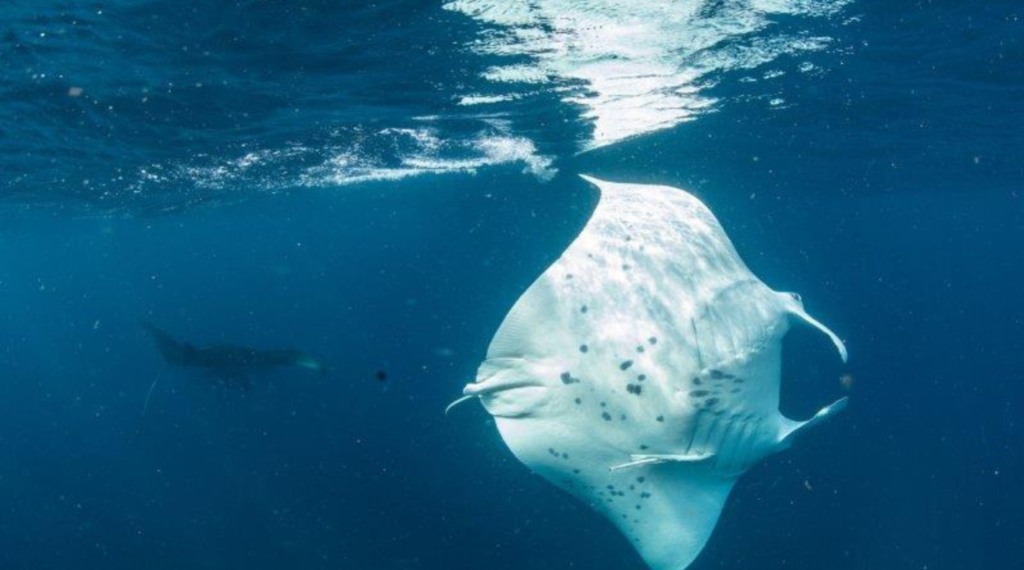
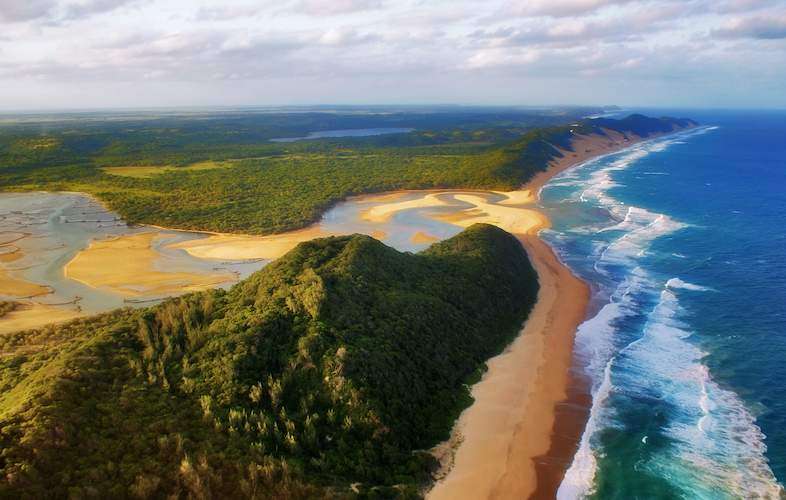
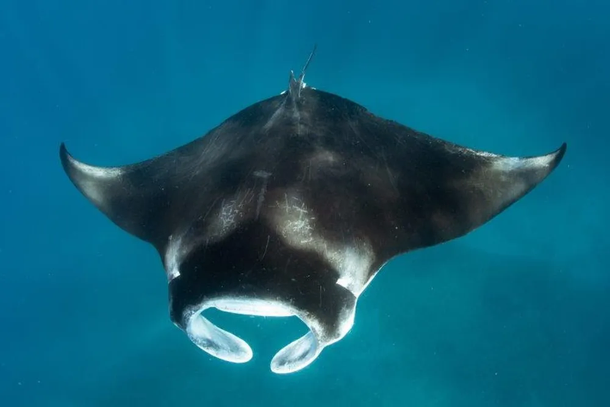
Educational programs are a vital component of these conservation efforts. Tour operators and conservation groups are working together to raise awareness about the significance of manta rays and the need to protect their habitats. By offering guided tours and interactive experiences, they provide tourists with the opportunity to connect with nature and understand the delicate balance of marine ecosystems.
Looking ahead, the future of manta ray tourism in South Africa appears bright. With the continued support of local communities, tourists, and conservation organisations, the region has the potential to become a global hub for marine eco-tourism.
By prioritising conservation and sustainable tourism practices, South Africa can ensure that manta rays and other marine species continue to thrive for generations to come.







